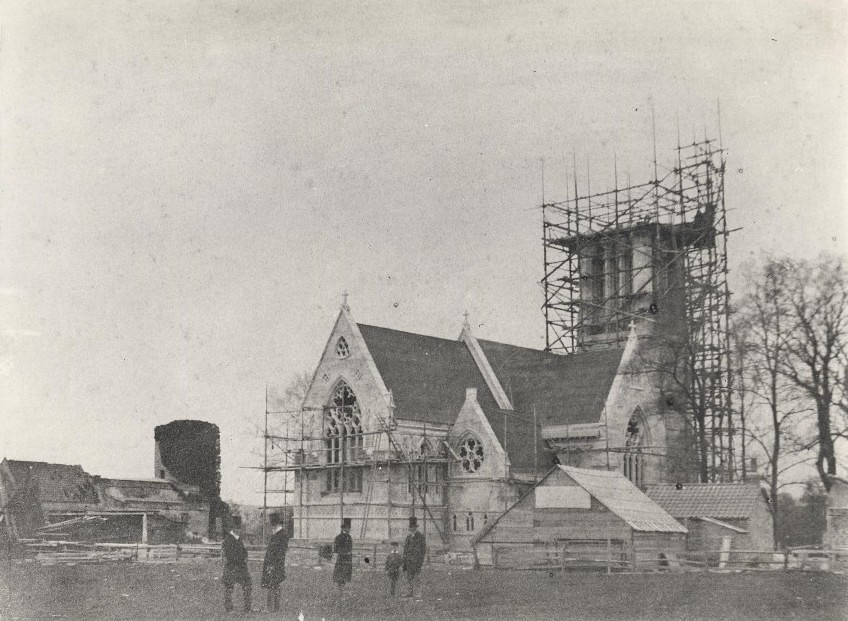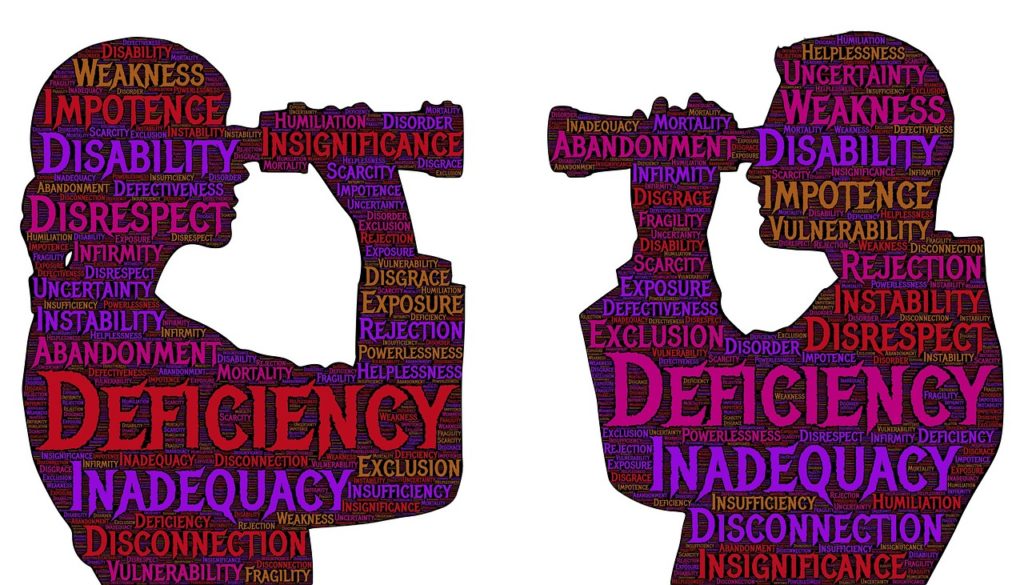In high school I was a constant student of Revelation, Daniel and the End Times. I consumed books by Hal Lindsey, Tim LaHaye, Salem Kirban, and a few others who were putting out books and studies. We watched “A Thief in the Night” and its sequels at church. It was the 1980’s and the threat of imminent thermonuclear war hung over society.
Some of the books I collected, like Kirban’s “Guide to Survival” had been written in the 1960’s when race riots & civil unrest had seized the country. In times of unrest or upheaval, our natural interest into End Times spikes. As the current pandemic began to circle the globe, I began to see it rise again. Sermon series, blog posts, articles, and theories. Once again we are in the End Times. As a high school student, many were pretty sure that Henry Kissinger was the Anti-Christ as he checked enough boxes. (He’s almost 100 years old, but not dead yet, so maybe there’s still time).
I graduated from high school in 1988. I was already surprised because I hadn’t expected God was going to wait even that long, the “End Times” was so close. Someone gave me a booklet that was very popular that year. “88 Reasons Why the Rapture will be in 1988.” The sequel, “89 Reasons…” didn’t do as much business (not a joke, that really happened).
At this stage, you might expect that I am going to say we are not living in the “End Times” as such, or talk through why one point of view or another is valid. I’m not going to do that. I’m done trying to tease out End Times moments and map Revelation & Daniel over the latest news.
Instead, I have begun to wonder this: when it comes to the End Times, are we more focused on what is going to happen to Us, or what is going to happen to Them?
Stick with me here. When is the Rapture of the Church? Is there even “the Rapture?” Is the Tribulation literal? Will the church go through it, part of it, etc. These questions seize our imagination because we want to know what we are going to face. When we sense cultural trends that may be working against us Christians, we suddenly sense that the End Times are upon us.
What if our biggest concern about the “End Times” wasn’t us, but them? When time comes to an end, no matter how bad it might get for a short season, it means we are almost to the final full reign of Jesus, the final imprisonment of the devil, and the end of suffering. We are also almost to the final judgement, the moment beyond which no one else will be saved. If we understand that salvation through the grace of Jesus’ shed blood on the cross is essential, than we should be far more concerned about time running out for others than about our own temporary suffering.
In a moment of frustration a day ago, I stated, “I just wish Jesus would hurry up and come back!” My dear wife reminded me, that will be a terrible day for many many people.
Revelation ends with a plea for Jesus to come quickly. How could we not look with eager anticipation for that moment. But just a few books earlier in Peter, we are reminded that Jesus is not waiting because He is slow, but because He wants more people to have a chance of salvation.
So let me ask you, when you think of the End Times, are you focused on what is going to happen to you, or what is going to happen to your unsaved friend or neighbor?














